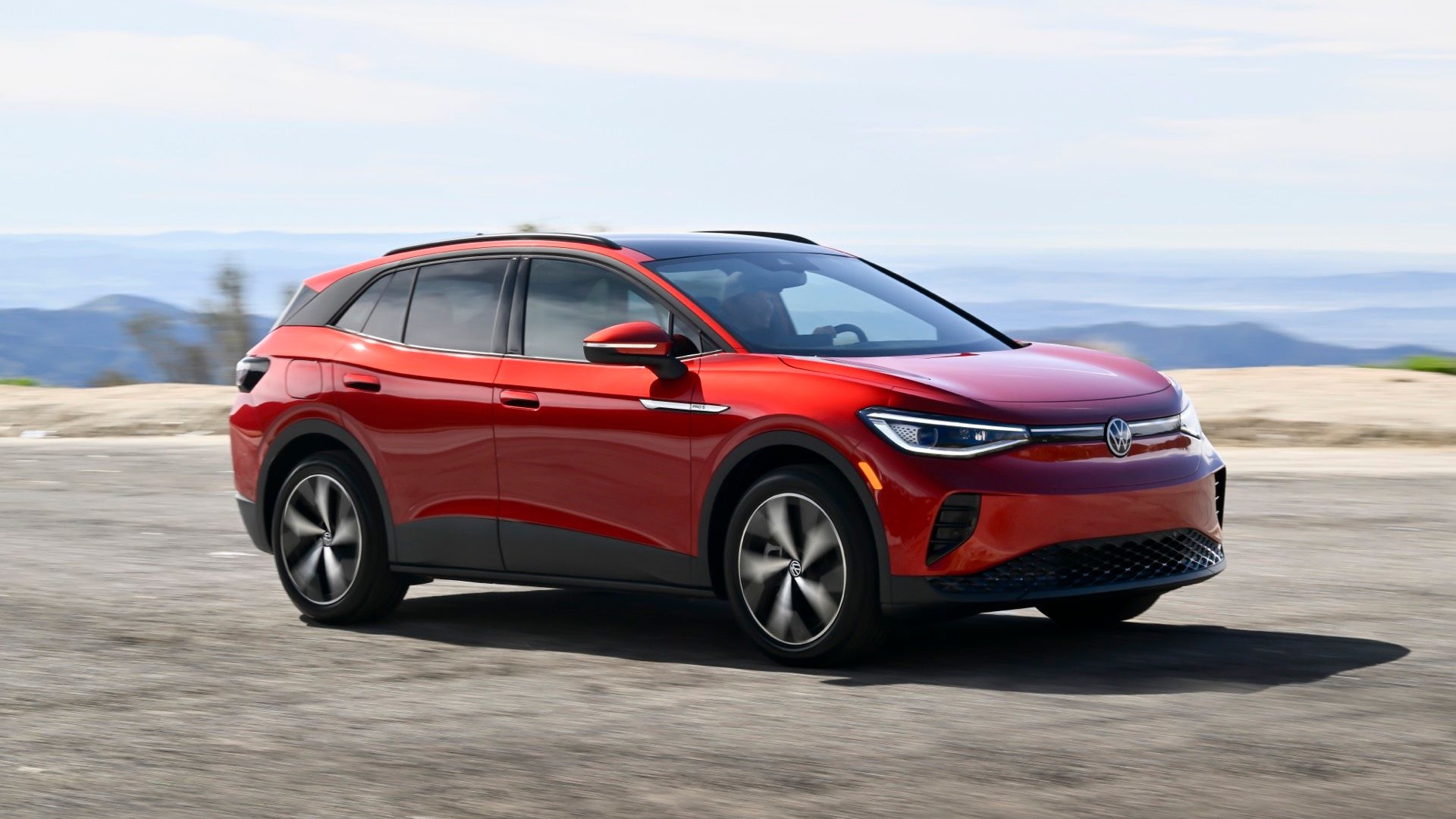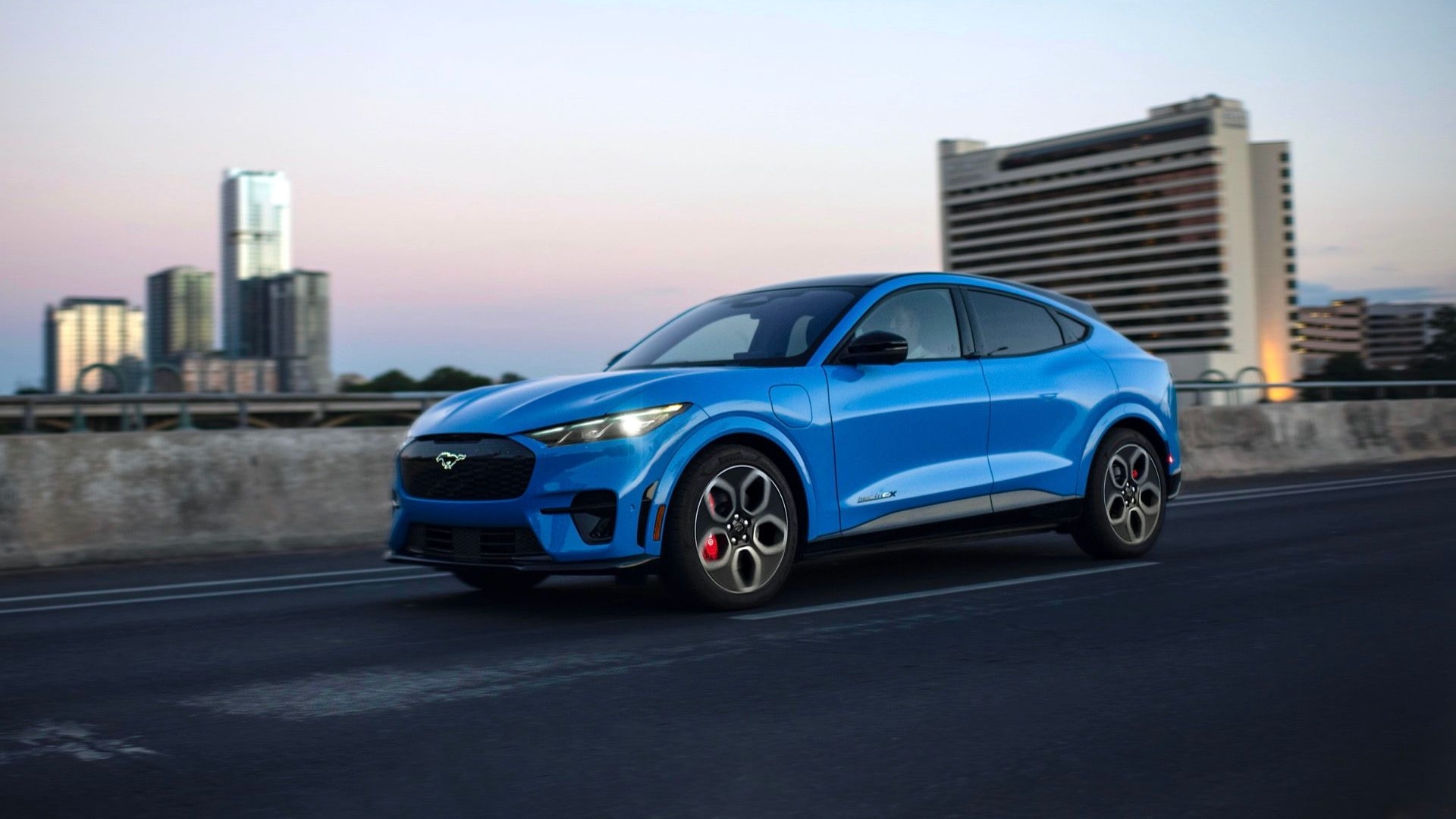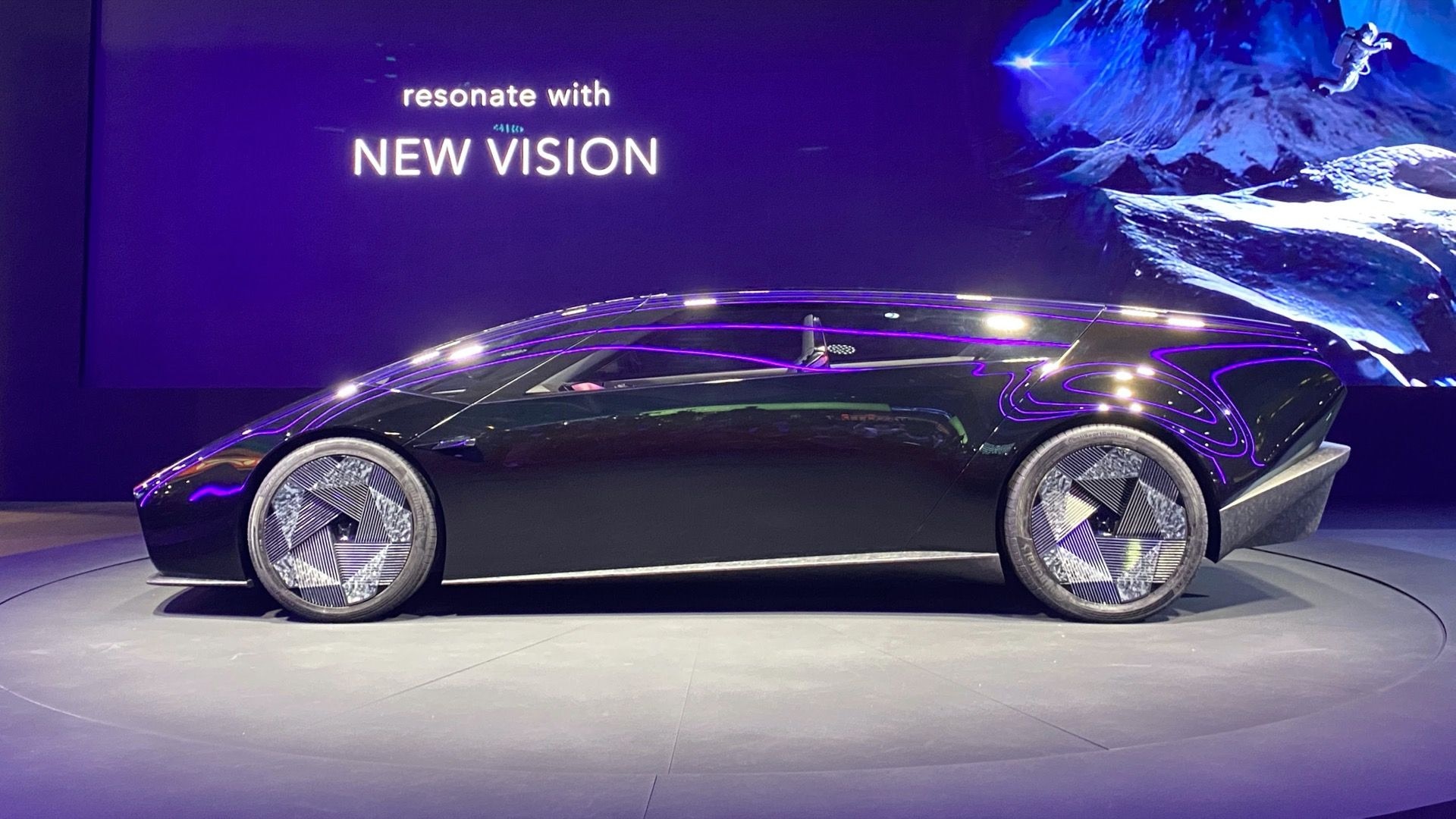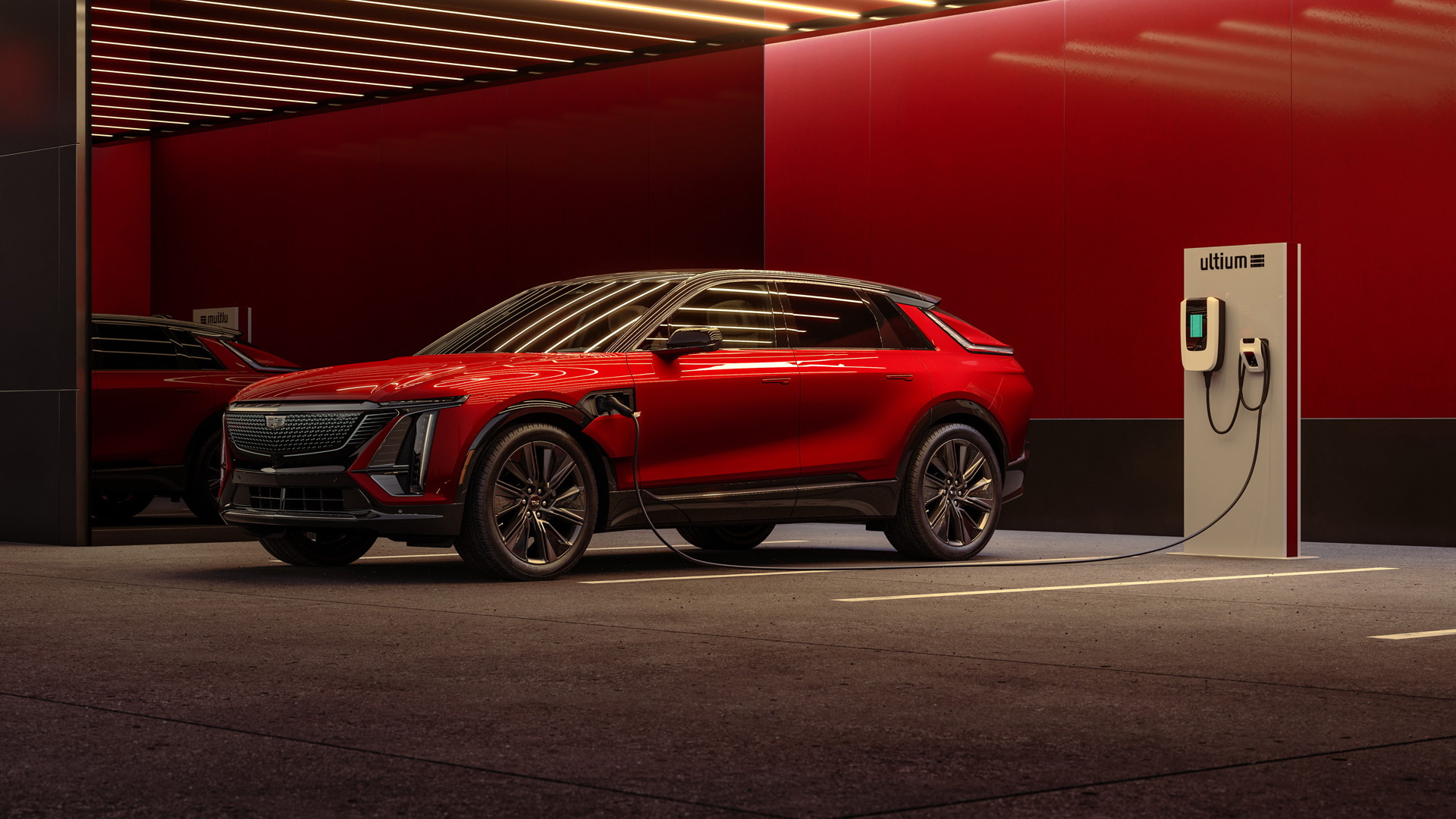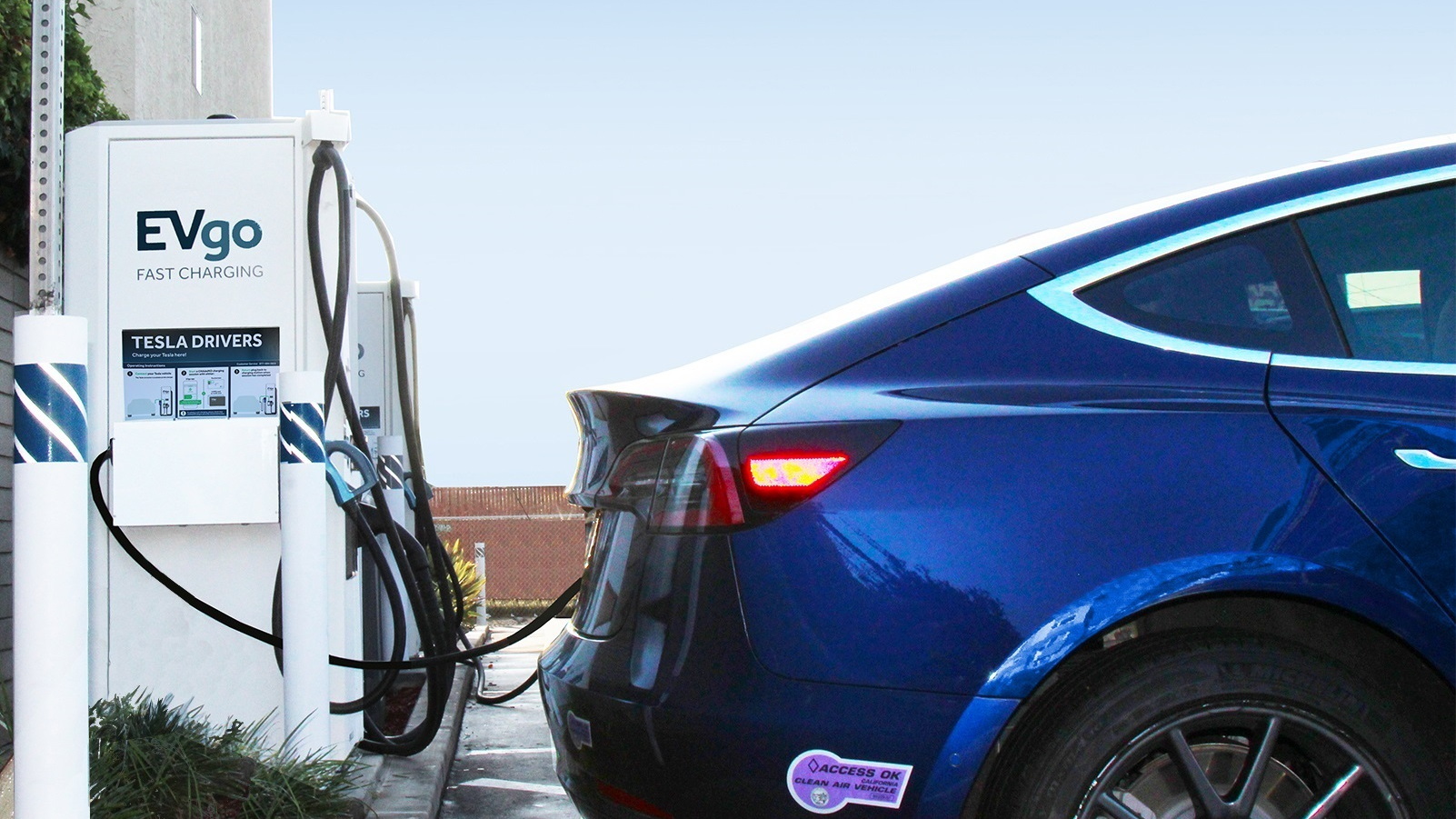Indian automaker Mahindra plans to launch commercial electric vehicles using a platform from Israeli startup REE Automotive, the two companies announced via press release Wednesday.
REE has developed a skateboard EV platform with virtually all mechanical equipment, apart from the battery pack and its associated cooling and power distribution equipment, housed in the wheel arches, with in-wheel hub motors.
The startup has signed a memorandum of understanding with Mahindra for use of this platform in the firm's commercial vehicles, for both the Indian and international markets (the United States was not specifically mentioned). The partnership is aimed at achieving global sales volumes of 200,000 to 250,000 vehicles, according to REE.
Neither company offered details of what kinds of vehicles the platform would be used for, but REE claims it's flexible enough to underpin everything from delivery vans to taxis. Some competitors have already lined up fleet buyers, however.
REE's platform might be compared to that of Arrival, which is hoping to build a wide range of commercial EVs—including for UPS.

REE modular EV platform
It could also be compared to that of Rivian, which is also under an agreement to supply Amazon with commercial electric vans.
Lordstown Motors is one of the only other companies that plans to use in-wheel hub motors in a fleet or commercial truck in higher volume. Based on a design from Slovenian firm Elaphe, but manufactured in Ohio, the motors will be used with a more conventional truck platform, however.
Mahindra has become bullish about EVs just in the past 2-3 years, as it sees the economics surrounding them changing. India has pledged to end the sale of new internal-combustion cars by 2030, after all.
In its home market, Mahindra sells the tiny e20 electric car designed by Reva, which Mahindra bought in 2010. Previously the company planned to enter the U.S. market with a diesel pickup, but it halted the plan over a conflict with the importer.
More recently, Mahindra began producing its Roxor off-roader at a factory in Detroit. The Roxor is marketed as a side-by-side ATV rather than a car, and does not meet federal safety and emissions standards for street-legal vehicles. Like other ATVs, some states may allow it to be driven on public roads, though.







